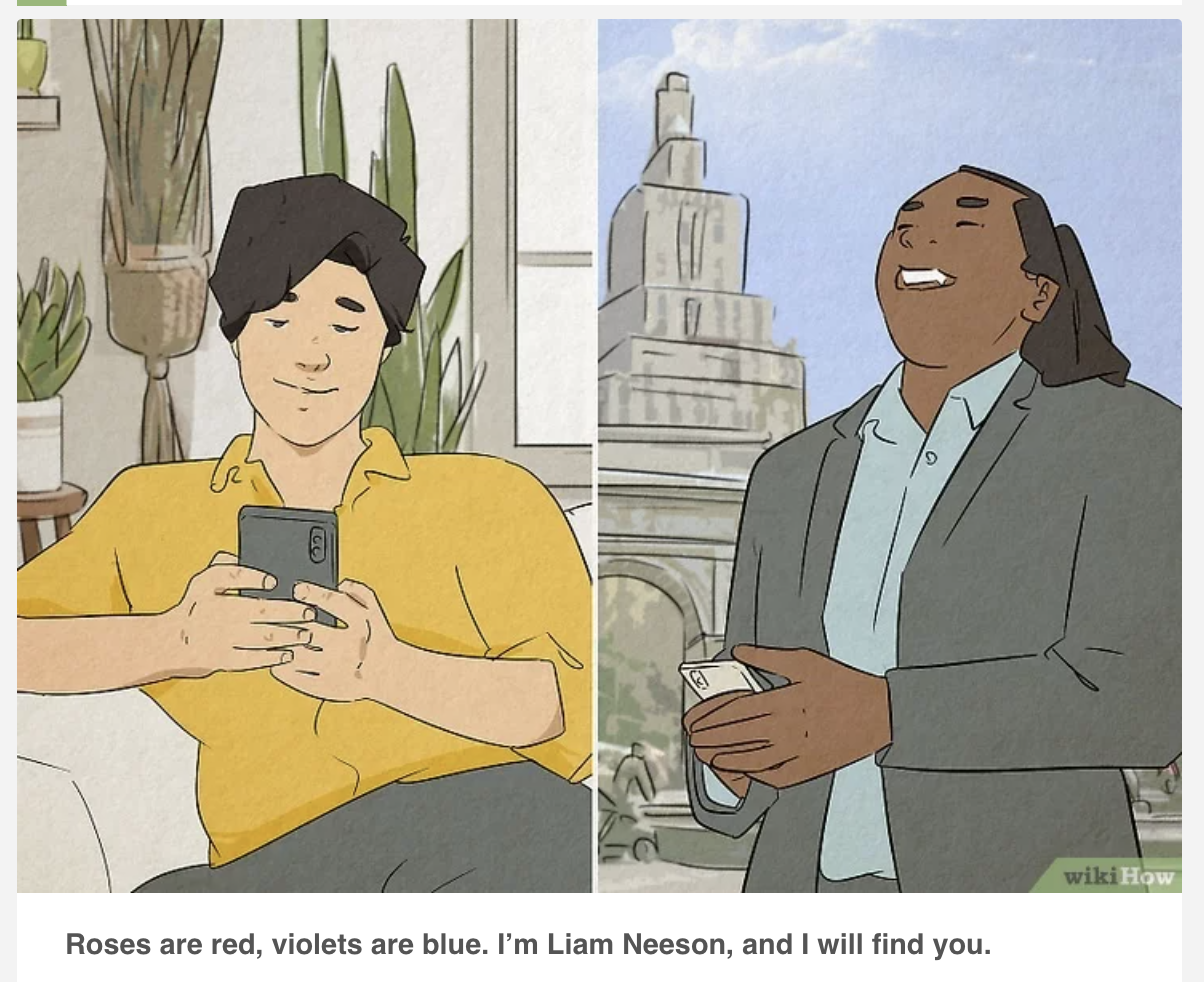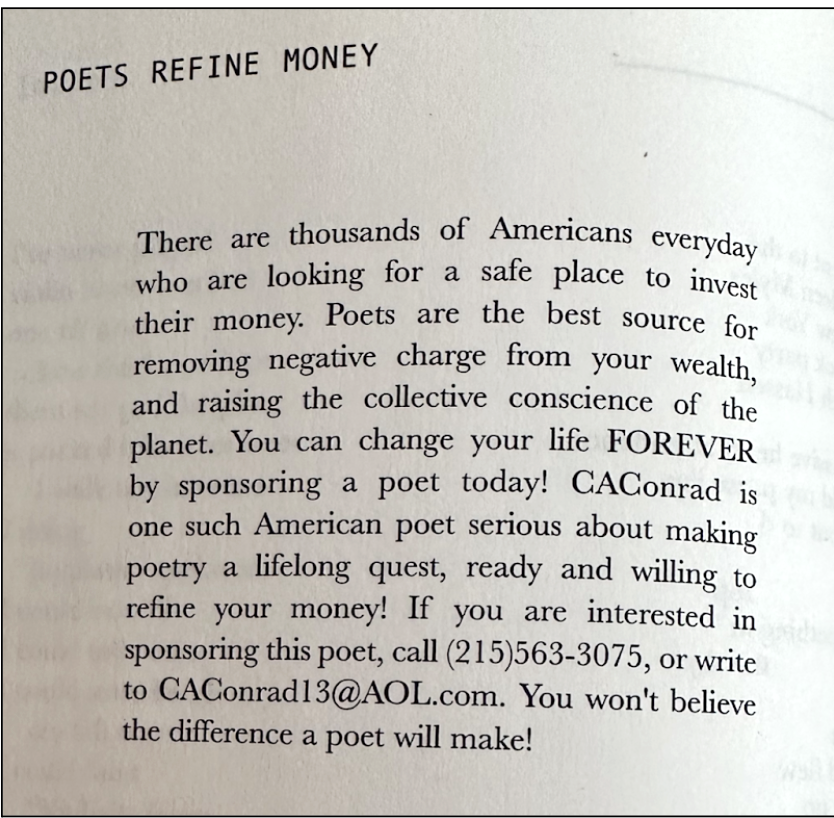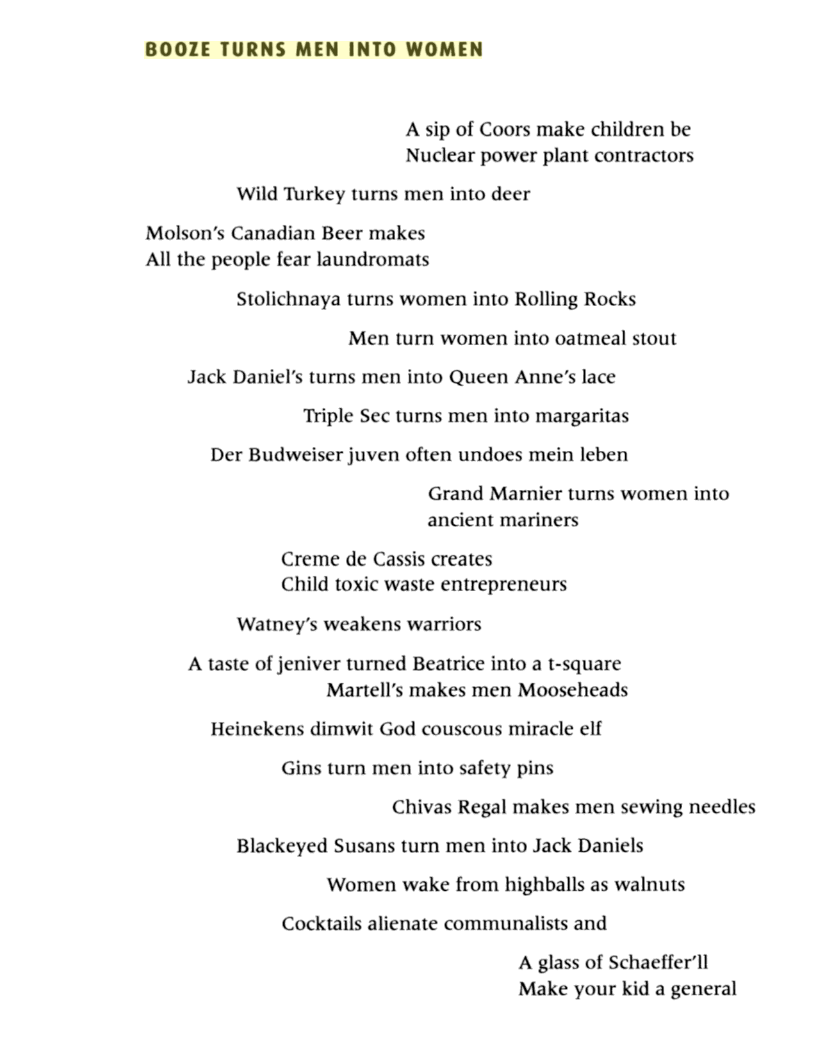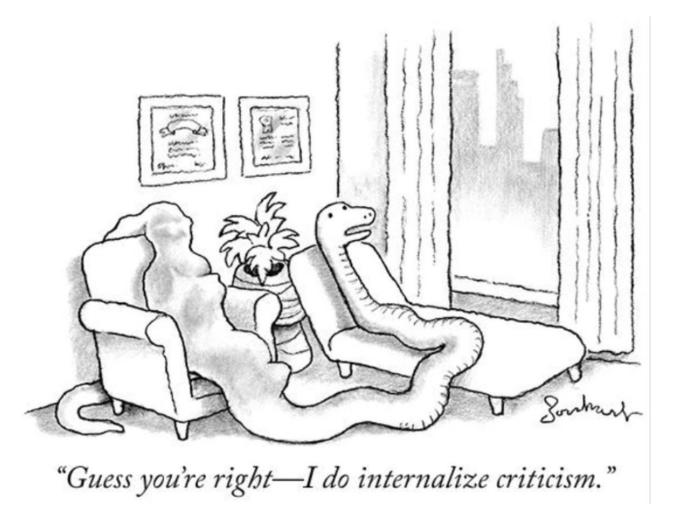This summer, meet me at the Intersection of Comedy and Poetry for a F2F class at the Iowa Summer Writer's Festival. Our goal will be to expand the landscapes in our writing using the theories, styles, forms, and tools employed by comedians, poets, and hybrid #poemedians.
This will be a generative poetry writing workshop. Our time will be divided between gathering new information and applying it in unique ways. Our Gathering will include reading, listening, watching, analyzing, discussing, and reflecting; our application will include writing, workshopping, and giving/getting good feedback. My brain craves verbs, so these actions will frequently intersect.
Both poetry and comedy elicit surprise, which is the Yahtzee of all social responses. It intensifies our emotions by about 400 percent and increases how long we remember the moment. It also silences our chatter brains so that we can learn something new from the moment. This suggests that editors are more likely to remember and respond to writing that surprises them.
While there are as many styles of humor as styles of poetry, laughter is a social response. Even when we're laughing alone*. And laughter in a poem reframes our emotions in a wider context by transforming ME experiences into US responses. This motivates us to re-engage with increasingly complex environments. What?! I'll take 10 of those, please.
TRIGGERS
Think of every comedian you've loved, tolerated, or loathed. That's the range of styles our class materials will cover—though no material has been chosen for its own loathability. Aggressive humor, for example, is a pleasure to unleash on those a$$f&%#ers who try to floor their giant pick-up trucks up your tailpipe, but when you feel strongly about the target of aggressive humor, it's a refuge for cretins.
I've tried to choose poems, videos, audio, etc. that 1) will surprise you and 2) go beyond mere guffaws to reveal their strategies for social engagement. Creating an environment in which these two qualities can thrive, side-by-side, is challenging. Not "climbing Mt. Renier" challenging—more like "lost on acid at the annual Coney Island hot dog eating contest" challenging. Plus, I'm Xtra Neurodivergent and consider Chris Fleming videos essential texts.
Bottom line: You can choose the materials with which you engage. I'll use trigger warnings, so you can take a Hard Pass on Jenna Reed's epic 16-minute set entitled Meth Pee if descriptions of drug use and self-harm are your no-gos.
We'll discuss triggers more in the first full-day class on Monday.
WHAT’S YOUR STYLE OF HUMOR?
SCHEDULE
Each day will have a different theme.
Sunday: THWARTING Expectations
Wikihow’s thwarting our expectations again.
Monday: The Incongruity Theory & Benign ViolationS
ca conrad, benignly violating our expectations of Poetry
Tuesday: Surprise IN Sound, Subject, DICTION & Form
Figure 3. Bernadette Mayer, crushing expectations though form and boozes
Wednesday: Self-Enhancing Humor & Affiliative Humor
note, passed to superman
sweet jesus superman,
if i had seen you
dressed in your blue suit
i would have known you.
maybe that choir boyclark
can stand around
listening to stories
but not you, not with
metropolis to save
and every crook in town
filthy with kryptonite.
lord, man of steel
i understand the cape,
the leggings, the whole
ball of wax.
you can trust me,
there is no planet stranger
than the one i'm from.
—Affiliative humor by Lucille Clifton
Thursday: The Relief Theory, the Superiority Theory & Gallows Humor
Dark Humor by David Borchard in the New Yorker
Friday: Avant-garde, absurdism & cringe
CLASS ORGANIZATION
At the end of every class, you’ll receive a broad idea for your next poem, as well as a manageable amount of material to read, watch, listen to, etc.
WORKSHOPS
Because your drafts of new poems will be VERY new, I recommend using Liz Lerman’s Critical Response Process (CRP) in our workshops. The goal of CRP is to make giving and getting feedback on work in progress more effective, thereby making the Maker eager and motivated to continue their work. It offers the maker an active role in the critique of their work and opportunities to rehearse the connections they seek when their art meets an audience. Visit the CRP website for more information.
WHAT’S YOUR STYLE OF HUMOR?
Take the Humor Styles quiz here. Do the results align with your self-perception?
If this information fascinates you, SIGN UP HERE



